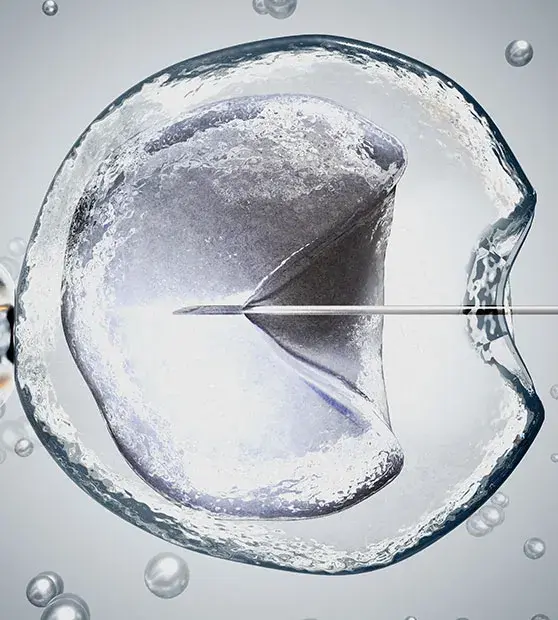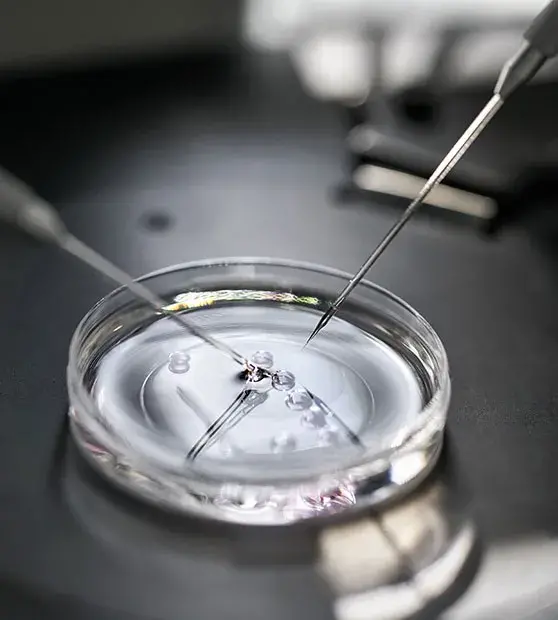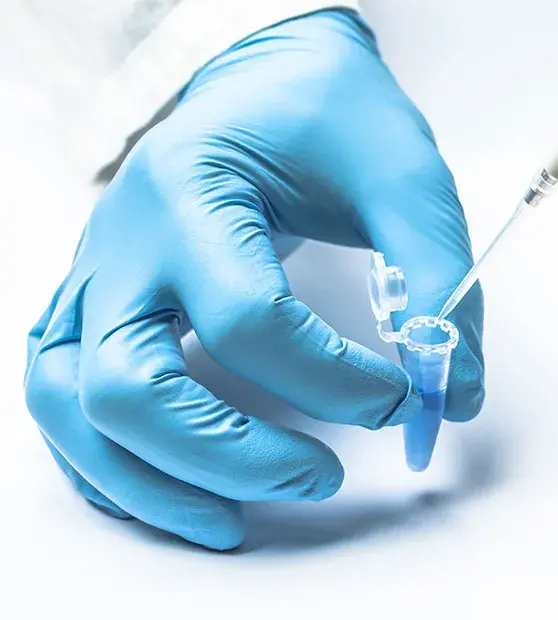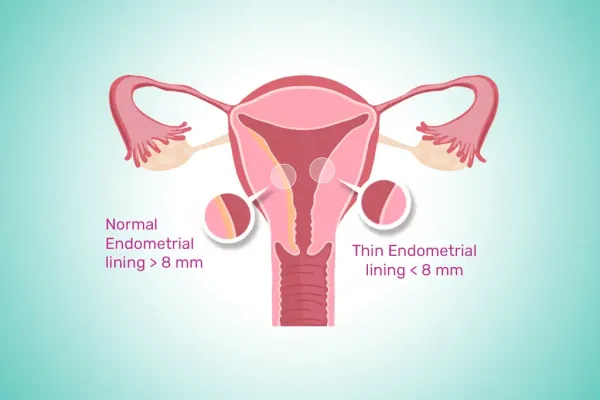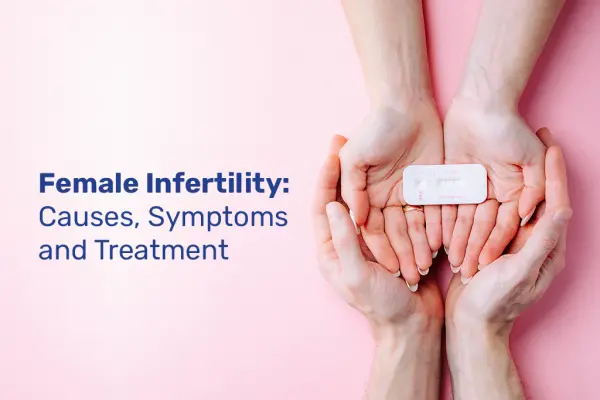Endometriosis
Endometriosis is traditionally defined as a non-cancerous gynecological disorder in which endometrial tissue grows outside the uterus. It results in pelvic pain, bleeding, and is a major reason for female infertility.
Currently, endometriosis is considered a systemic disease. It affects the liver and fat tissue metabolism resulting in systemic inflammation and changes in gene expression in the brain that triggers pain and mood disorders.
In this condition, the endometrial tissue implants and inserts into the female pelvis’s organs (fallopian tubes and ovaries) could also affect other tissues like the bladder or the bower.
What are the symptoms of Endometriosis?
Common signs and symptoms of endometriosis include:
- Pain is the main symptom of this condition. Women with endometriosis experience various types of pain including painful menstrual cramps, chronic abdominal and back pain, pain during and after intercourse, pain while urinating, etc.
- Infertility or unable to conceive
- Too much bleeding or bleeding between menses
- Certain stomach problems such as diarrhea, constipation, bloating, or nausea during menses
How can Endometriosis be diagnosed?
Often the symptoms, caused by endometriosis are ambiguous and endometriosis might be detected at a late stage. Pain is the main symptom of endometriosis. It is important to consult a doctor if you are experiencing extremely painful periods.
Pelvic Exam: Diagnostic tests for endometriosis include a pelvic exam, including a speculum examination, an ultrasound, and in some cases also an MRI.
Laparoscopy: It is an invasive procedure for visualizing the pelvic organs thoroughly and confirming or excluding endometriosis
How is Endometriosis treated?
If you have signs and symptoms of endometriosis, it is important to consult with your doctor. Nowadays, the multidisciplinary treatment of endometriosis plays an important role and results in better management of the condition.
Treatment of endometriosis includes medical treatment, non-pharmacological treatment, and surgery. These treatment approaches can help to relieve painful symptoms of endometriosis.
Besides that, women with endometriosis often have trouble becoming pregnant. The ESHRE guideline for the management of women with endometriosis advised to counsel infertile women with endometrioma and explain the risk associated with decreased ovarian function after surgery and the chance of ovary loss. Hence, experts recommended freezing eggs before endometriosis surgery to preserve future fertility.
At ART fertility clinic, we are committed helping people to deal with all infertility-related issues. Our fertility experts can help understand endometriosis and how it impacts fertility and manages the condition.
